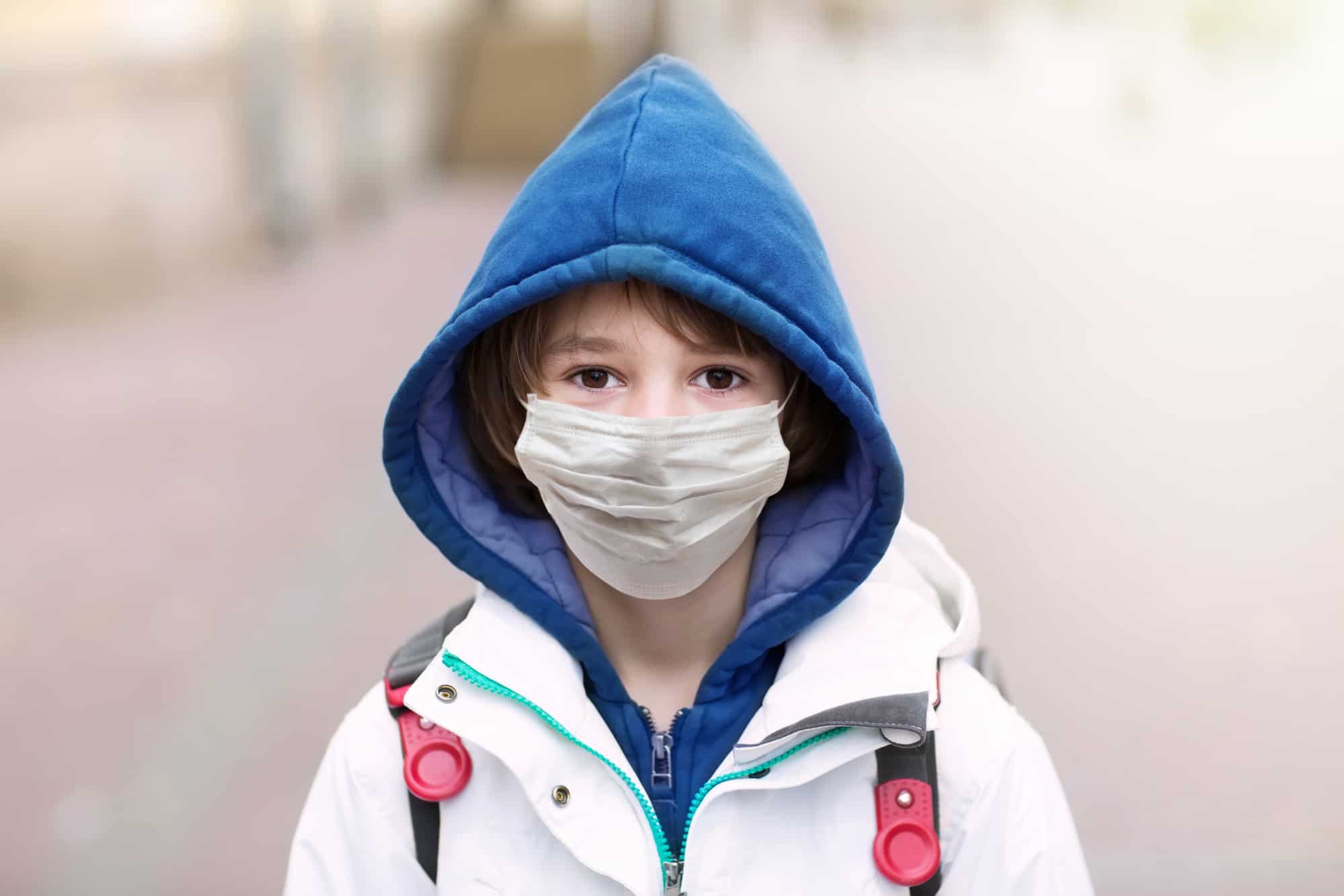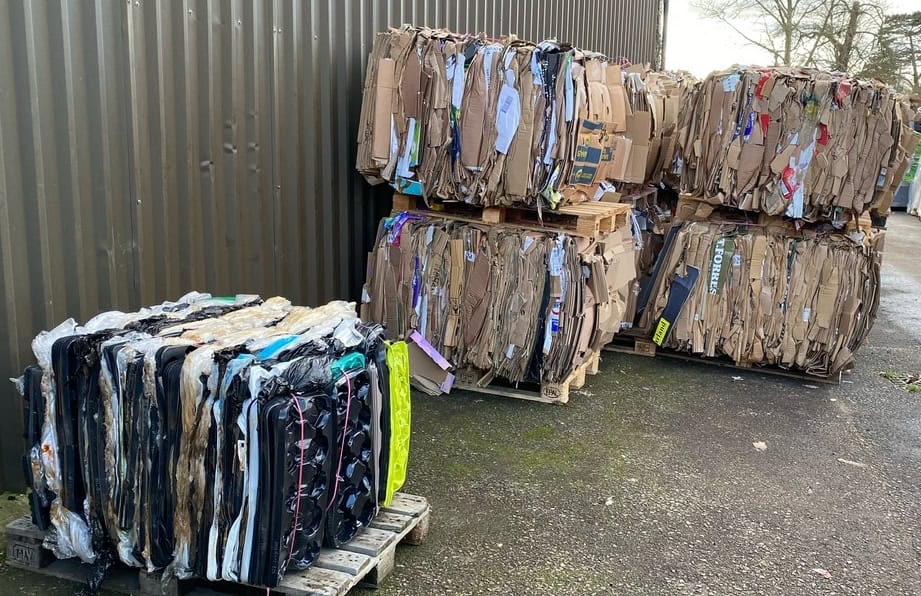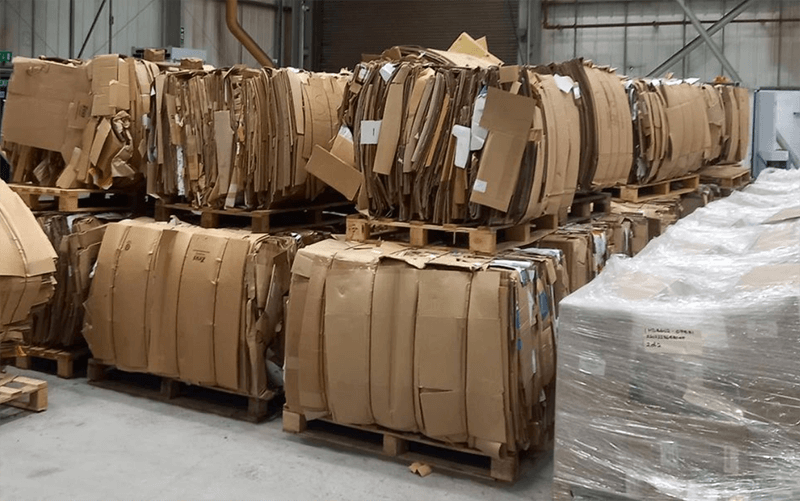The coronavirus has caused unprecedented disruption across the globe. Countries have been forced into lockdown to stop the spread of the virus and this has led to a lot of difficulties. Businesses are shutting down and governments are stepping in to pay wages and stop people from getting into financial difficulties. Strict guidelines about social distancing have been put in place, and the strain on healthcare services is massive. At the moment, there is no telling exactly how long these measures will be in place before things get back to normal and the situation doesn’t look great. However, there may be some positives to come out of the coronavirus epidemic.
All over the world, we are hearing stories of the positive environmental impact that the lockdown is having. There are fewer cars on the streets and less energy consumption as businesses close down and, in some cases, this may be reversing some of the damage that has been done to the planet. These are some of the ways that the lockdown is having a positive impact on the environment.
Lower Air Pollution
Air pollution is a big issue, especially in large cities, but there is data to suggest that the lockdown has caused a drop in air pollution. There are far fewer cars on the roads because a lot of people are working from home and we are unable to travel.
Tiny particle pollution in London, Birmingham, Bristol and Cardiff has dropped by a third to a half. In Manchester, York and Belfast, levels have reduced by a quarter. However, the impact is lesser in other areas of the country, like Glasgow and Newcastle.
The decrease in nitrogen dioxide pollution is similar to the decrease in tiny particle pollution in London, Birmingham, Bristol and Cardiff, but in other areas of the country, levels have dropped by 10 to 20 percent.
Levels of nitrogen dioxide in the urban areas in the UK have been higher than the legal limits since 2010. But researchers believe that the impact of the coronavirus lockdown demonstrates that reducing travel and working from home where possible can help to get air pollution under control.
The same effect can be seen in countries around the globe where travel has been restricted and public transport systems have been shut down completely.
Lower CO2 Emissions
As well as a reduction in pollutants like nitrogen dioxide, the lockdown is causing a reduction in CO2 emissions. Non-essential industries across the globe are shut down and production has come to a grinding halt, which means that carbon dioxide emissions are falling rapidly. In China, it is estimated that measures to contain the virus in February alone caused a 25 percent reduction in their carbon emissions.
Changes to our behavior and a reduction in air travel have made some impact, but aviation only accounts for 2.5 percent of global emissions. It is believed that the shutdown of industrial production is the thing that is having the biggest impact. Some researchers believe that the lockdown will change our behavior in the long term and some of these reductions in carbon emissions will continue after the lockdown is lifted. Our ideas about what an essential item is may change the way that we consume products and lead to a global reduction in purchasing non-essential items and, therefore, a long term reduction in manufacturing.
Reduction In Littering
Littering is a big problem where plastic recycling is concerned. Recycled plastic helps to reduce carbon emissions and cut the amount of plastic waste in landfill. However, waste plastic can only be processed and recycled properly if it is collected through the appropriate channels. If it is thrown on the ground in the street, it will most likely end up in landfill.
However, the effect of the lockdown could have a very positive impact on littering and plastic recycling. There are far fewer people on the streets, and when people do need to go outside, it is for shorter periods. This means that there will be less litter dropped on the streets and the majority of food and drink items will be consumed at home, where there are recycling options available for all of the plastic waste that they produce.
Although the coronavirus lockdown has had a lot of negative impacts and it will take the world a long time to recover from, there is a silver lining because it is having a positive effect on the environment. Only time will tell exactly what effect the lockdown has had and whether it will be sustained in the long term.
Sources:
https://www.theguardian.com/environment/2020/mar/27/coronavirus-uk-lockdown-big-drop-air-pollution
https://www.nytimes.com/2020/03/27/opinion/sunday/coronavirus-climate-change.html








